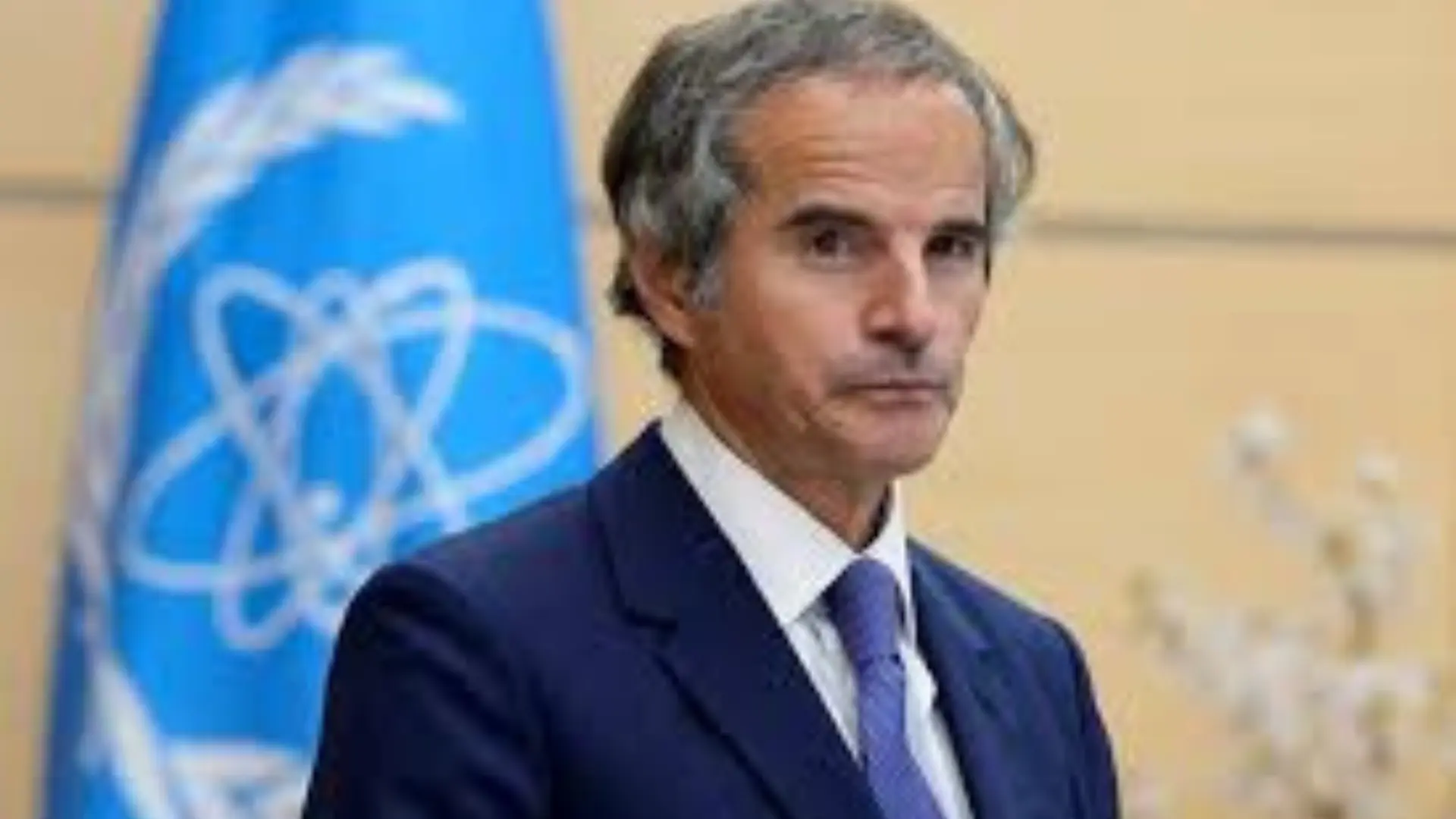The head of the International Atomic Energy Agency arrived in Tehran on Wednesday to address concerns that have long been looming over Iran’s nuclear activities.
Grossi’s visit comes at a sensitive time, as it is just a week since Donald Trump’s re-election: he was a firm supporter of a maximum-pressure strategy against Iran, which will only raise tensions between the U.S. and Iran.
In a broadcast to Iranian state television, Grossi he met with Behrouz Kamalvandi, spokesperson for Iran’s Atomic Energy Organization. The visit is part of an ongoing effort by the U.N. nuclear watchdog to push for greater monitoring and transparency regarding Iran’s nuclear program.
For months, Grossi has urged Iranian leaders to boost cooperation with the IAEA in order to address critical concerns, including the unexplained traces of uranium at unannounced sites.
Despite multiple appeals, Grossi has not really made much headway. One of the most prominent challenges for the IAEA chief has been Iran’s failure to convince him to open its nuclear facilities to greater scrutiny and to explain suspicious activities that have been raised by the agency.
Grossi’s visit is an attempt to measure Iran’s intentions following the re-election of Trump, who has revived speculations about a possible return to aggressive U.S. sanctions.
As per Reuters report, Grossi said, “I am far from being able to tell the international community … what is happening. I would be in a very difficult position. So it’s like they [Iran] have to help us, to help them to a certain extent.” His remarks further emphasize the requirement for Iran to be open so as not to increase further friction abroad.
Nuclear Enrichment and the 2015 Accord
Iran’s nuclear ambitions have been an issue that has been in contention for many years. After Trump’s first withdrawal from the 2015 Joint Comprehensive Plan of Action (JCPOA) in 2018, Tehran proceeded to begin and even escalate its nuclear enrichment program. Iran is now enriching uranium to as high as 60% fissile purity, close enough to the 90% threshold required to make weapons-grade material. Iran has always claimed that it is developing nuclear technology for peaceful energy objectives, but western countries voice into disquieting prospects that the facilities would be weaponized.
Grossi’s Tehran visit assumes the context of tit-for-tat military strikes between Iran and Israel, its old regional foe. This growing animosity has added urgency to the situation as the Middle East still remains a volatile zone, and any nuclear escalation may lead to far-reaching consequences.
Diplomatic Pressure Before IAEA Board Meeting
Grossi’s visit also precedes next week’s gathering of the IAEA Board of Governors in Vienna, where three key European signatories to the 2015 nuclear deal-including Britain, Germany, and France-will weigh in on Iran’s latest moves. To date, the Europeans have adopted a diplomatic approach to persuade Iran to fall back into compliance with the JCPOA. Grossi’s inability to obtain serious cooperation could yet catalyze a harder position from them. The fruits of Vienna’s discussions will prove decisive in helping decide the future trajectory of international diplomacy concerning the issue of Iran’s nuclear activities.
ALSO READ:





